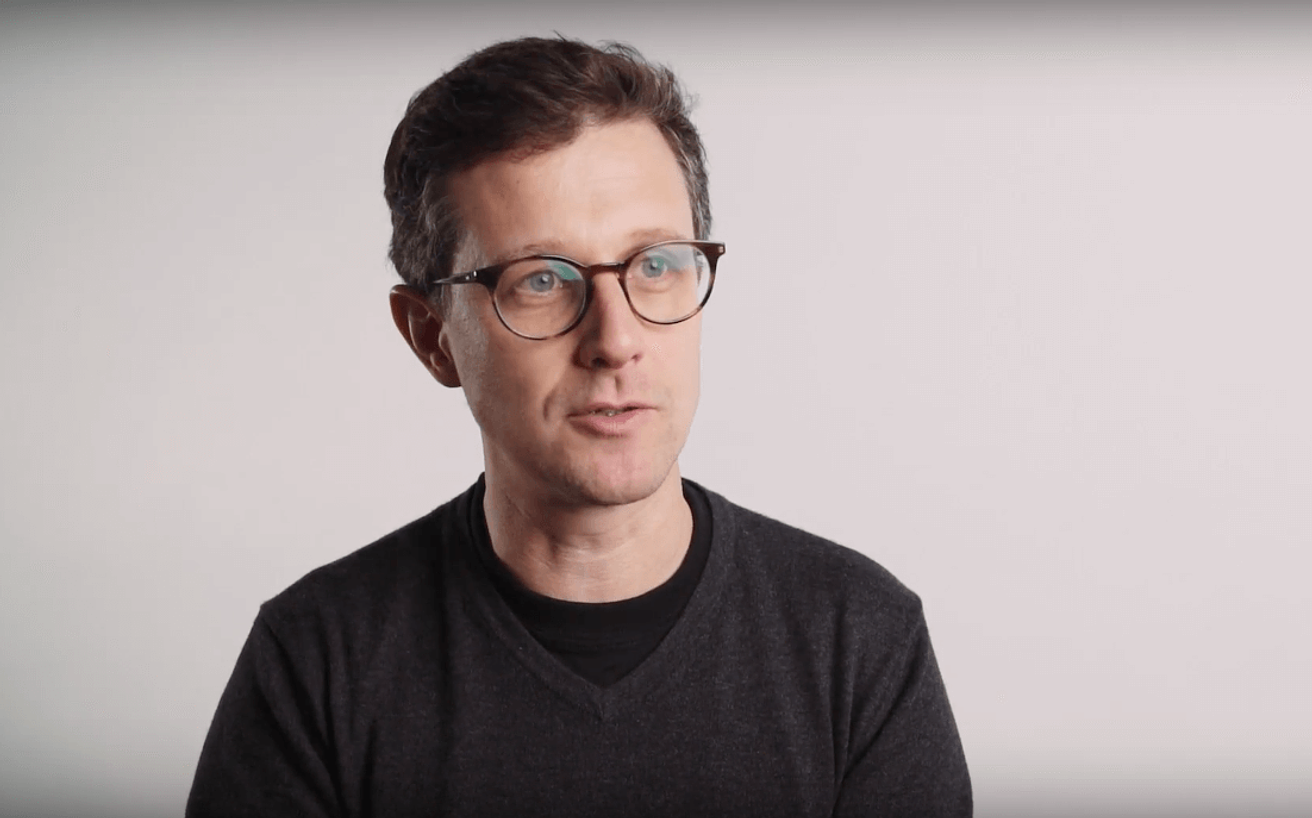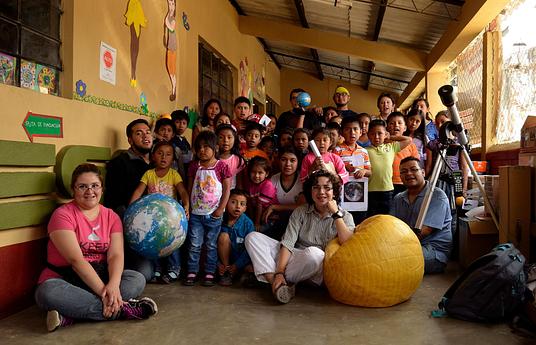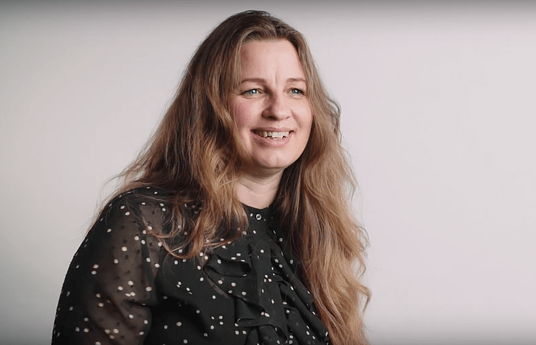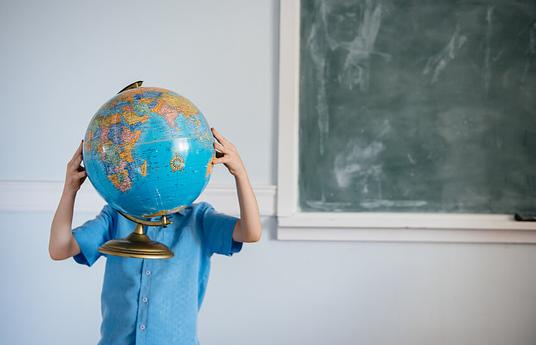We spoke with Pedro Russo to find out how Universe Awareness helps students engage with science and astronomy from an early age, while also building empathy, tolerance, and global citizenship.
Please introduce yourself and your innovation
I work in The Netherlands but I’m originally from Portugal, and I’m the coordinator of an educational program called Universe Awareness, based at Leiden University, where I also teach Astronomy and Society.
Universe Awareness is an educational program that really tries to engage young children between four and ten years old with science and technology, and we do it through the universe. I think the universe is a quite unique tool for science because it’s vast, it’s beautiful, we all have these beautiful images from the universe, but it also brings us a very special perspective of our own planet and of humanity.
We really want to use that powerful perspective that astronomy can bring to engage young children with science and technology but at the same time broaden their minds, introduce some critical thinking skills and also promote global citizenship. We do that through a network of educators from all over the world, it’s a grassroots program so we have members in more than 61 countries – educators, astronomers, primary school teachers – they’re really trying to show that astronomy can be a powerful tool for education.
How does your innovation work in practice?
There are many examples, but there’s one case that I really like, and especially with the current refugee crisis. Some of my colleagues in Germany have been doing activities in certain primary schools for some time and they have a lot of activities where they connect schools across the globe, especially in South Africa. We have Skype sessions across different schools, who will discuss why it’s winter and summer at different sides of the planet, they understand that they live on the planet and the position of the planet in the solar system, the influence of the tilt of the axis of the earth. So, there was a lot of trying to understand why things are different but at the same time similar in two sides of the planet. In this case, it was between Germany and South Africa.
So it was very interesting when some of the refugee children started attending this school, the kids started approaching these children and asking "Is it winter in your country? Is it day or night there?". What was interesting is these children had some multicultural communication skills that enabled them to have a common base for a conversation with kids that were different from them, because they’d been exposed to these different cultures they were more open to having that communication and it created empathy with the others. I think that’s quite interesting.
Another project we did with the refugees in the Netherlands, we run an activity every weekend, we call it The Discovery Club, where every Saturday we’ll run an activity with refugee children and it’s about discovering something about themselves, the universe, or the planet Earth. We did it every Saturday for some months and the kids really looked forward to this activity and it made sense because there’s a certain routine you start to create in a situation where all their lives have been disrupted. So we really try to create these activities where children can learn something, but at the same time support their social network in a very positive way.
How can the universe teach children about tolerance and empathy?
We are a program that really uses astronomy as a tool for education and that’s very unique, because the obvious case would be to use astronomy to teach about science and technology, but we want to go a bit beyond that and give them a sense of global citizenship and create empathy and tolerance with these children. I think astronomy is a very unique science because it provides a perspective on our planet, about humanity, in a very unique way. In the last 20 years we discovered more than 3,000 planets around other stars than our sun, so in a way, we also place our planet in a very different perspective. We are just a very small planet around a very ordinary star, on the outskirts of a galaxy that is very, very normal and this helps us to show that humans are not that special.
Another thing that we use is this idea that when we look at Earth from space, and we have pictures from astronauts or spacecraft, we also see a planet where we don’t see geographic or political borders, we see one unique planet where everything is connected through land, oceans, and atmosphere. I think if we can show this image to children at very early ages it changes their mind in terms of the perspective that they see their own planet, maybe look at the planet as a unique body that we need to protect and preserve – we know that it’s at risk. We really think the astronomy perspective can really help us create a sense of empathy for others, empathy for our planet and really a sense that we all belong to this global community that lives on one planet – Planet Earth.
What is the biggest challenge facing education right now?
I think the main challenges that we have in education are very much related to the challenges we have in our society. The challenges we have are much more than just local, they are really global, I don’t think that single countries or single local communities can really solve them. I think we need to find a way to bring that to education, to go from a model where education is very localized, to a model where education is really also trying to provide skills, tools, knowledge, and understanding to tackle these global issues. I think we need to focus more on people, empathy and really trying to promote that in education. I think that’s going to be the future of education, trying to work together in networks like this one to really tackle those issues.
The next 100 years of education should... be more open, inclusive and be focused on empathy and I think we can do that. I think the community that HundrED is forming now, it’s going to be the innovators that really achieve that.
To learn more about Universe Awareness, including how to use this approach in your setting, visit the innovation page!



